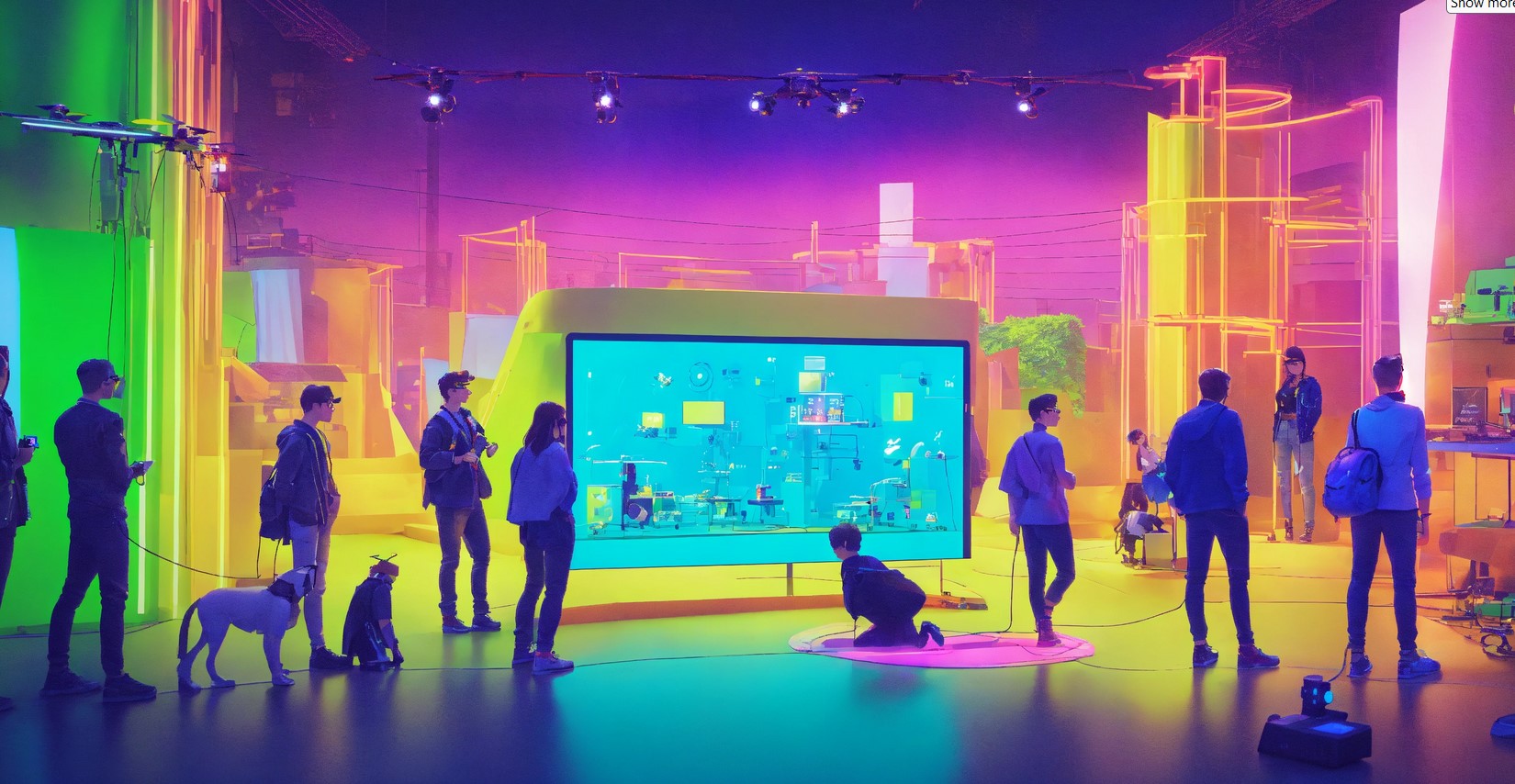The entertainment industry has always been at the forefront of technological innovation, from the early days of cinema to the rise of streaming platforms. Today, we’re witnessing an unprecedented transformation driven by advancements in technology. As we look to the future, it’s clear that the way we consume and engage with entertainment is evolving rapidly. This article explores how technology is reshaping the entertainment industry and what we can expect in the coming years.
Streaming Services: The New Norm
Streaming services like Netflix, Amazon Prime, and Disney+ have revolutionized the way we watch movies and TV shows. The convenience of on-demand content, coupled with a vast library of options, has made traditional cable TV less appealing to many consumers. This shift has not only changed viewing habits but also influenced the types of content being produced. Original series and films tailored to specific audiences are now more common, as streaming platforms seek to attract and retain subscribers.
Virtual Reality (VR) and Augmented Reality (AR)
Virtual reality and augmented reality are set to redefine the entertainment landscape. VR offers immersive experiences that transport users to different worlds, while AR enhances real-world environments with digital overlays. These technologies are being used in various ways, from VR concerts and interactive gaming to AR-enhanced movies and theme park attractions. As VR and AR technology continues to improve, we can expect even more innovative applications in the entertainment industry.
Artificial Intelligence (AI) in Content Creation
Artificial intelligence is playing an increasingly important role in content creation. AI algorithms are being used to analyze viewer preferences and predict trends, helping creators develop content that resonates with audiences. Additionally, AI-generated characters and scripts are becoming more common, opening up new possibilities for storytelling. AI-driven personalization is also enhancing user experiences by recommending content tailored to individual tastes.
The Rise of Esports
Esports, or competitive video gaming, has grown into a multi-billion-dollar industry with a global audience. Advances in technology have made it possible for gamers to compete in real-time, with live-streamed tournaments attracting millions of viewers. Esports organizations are investing in state-of-the-art facilities and professional training programs, further legitimizing the sport. As the popularity of esports continues to rise, it’s likely to become an even more integral part of the entertainment landscape.
Blockchain and NFTs
Unique digital assets verified using blockchain, are being used to sell everything from artwork to music albums. This technology is giving artists new ways to monetize their work and engage with fans.
Interactive and Immersive Experiences
The demand for interactive and immersive experiences is growing. Interactive storytelling, where viewers can influence the plot, is gaining popularity. Immersive theater and live-action role-playing events are also attracting attention. These experiences are blurring the lines between different forms of entertainment, offering audiences new ways to engage with their favorite stories and characters.
The future of entertainment is bright and full of possibilities, thanks to the rapid advancements in technology. Streaming services, VR and AR, AI in content creation, esports, blockchain, and interactive experiences are all reshaping the industry. As these technologies continue to evolve, they will undoubtedly lead to even more innovative and exciting ways to entertain and engage audiences. The entertainment industry is poised for a thrilling journey into the future, where technology will continue to play a pivotal role in shaping its landscape.


